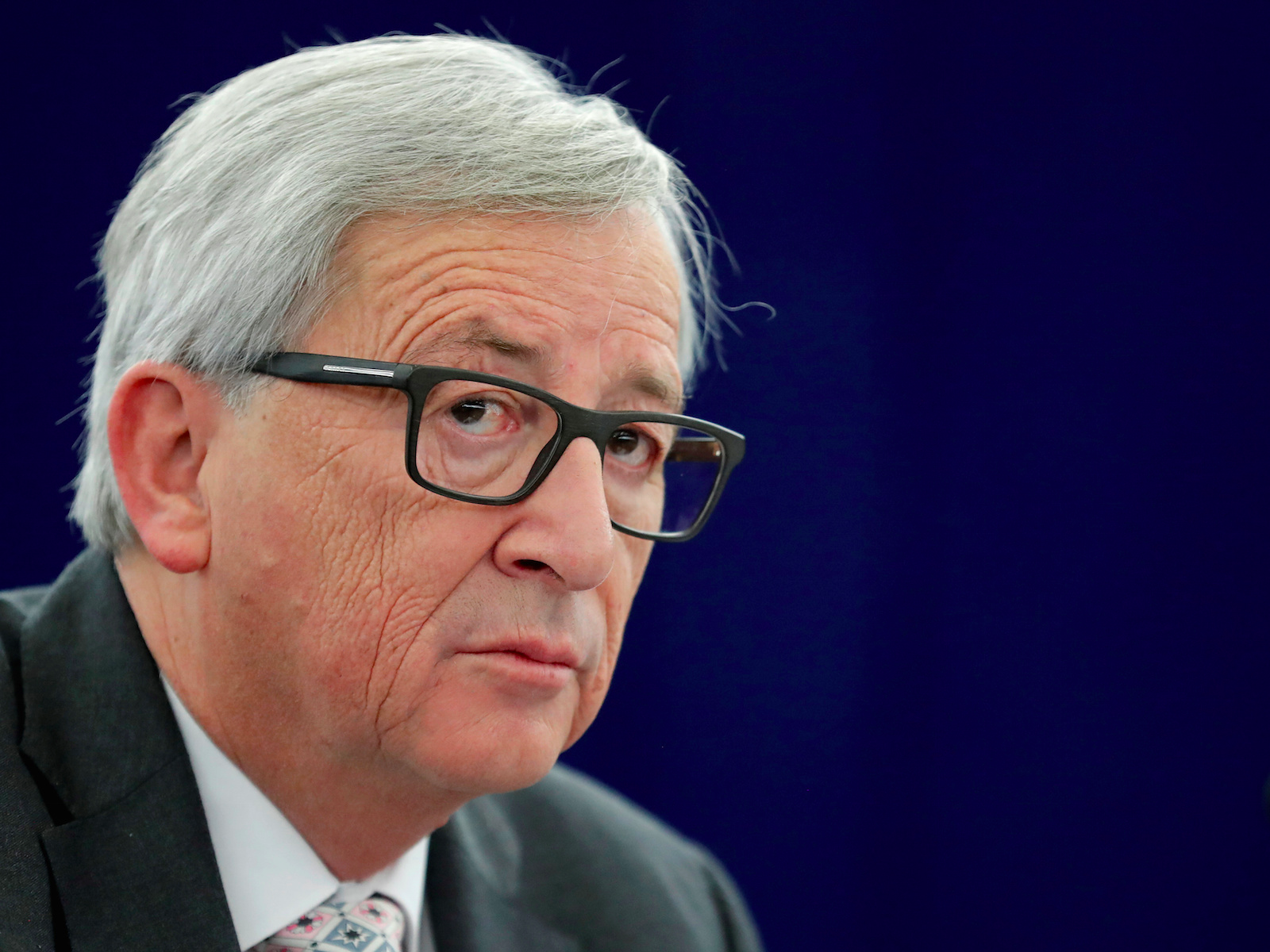LONDON – The president of the European Commission killed off any hope Britain has of sealing separate bilateral deals with other European countries while it negotiates the terms of its exit from the European Union.
Jean-Claude Juncker said at a press conference that Britain may be tempted to be more “obliging” to particular EU member states in order to sign deals related to anything from finance to telecommunications.
But, as president of the EC, he will not allow this to ensure EU presents a united front in negotiations.
“A situation could arise whereby the UK might attempt to or wish to be obliging to certain member states in certain economic zones and certain sectors whereby those countries might wish to provide certain advantages to the UK,” said Juncker.
“It is in our interests therefore that we don’t have any special discussions … with certain individual countries.”
On January 17, Prime Minister Theresa May outlined her negotiating stance for Brexit , which included a rejection of the single market and an end to the free movement of people, resulting in a so-called "hard Brexit."
At the moment, nothing has actually changed because she still needs to trigger Article 50 to start the official two-year negotiation period for Britain leaving the EU.Britain is part of the EU still and therefore has to abide by its rules.
Last month, senior European Union figures echoed Juncker's remarks and told Britain to forget about negotiating a trade deal with the US or any other state as long as it remains a member of the 28-nation bloc.
The EU's foreign-affairs commissioner, Federica Mogherini, said: "It's absolutely clear on the EU side that as long as a country is a member state of the EU, which is something the UK is at the moment, there are no negotiations bilaterally on any trade agreement with third parties."
However, that has not stopped May courting the US and other countries for trade deals in the meantime. But according a range of prominent trade experts, it is highly unlikely May will be successful to securing these agreements while still being part of the EU.

